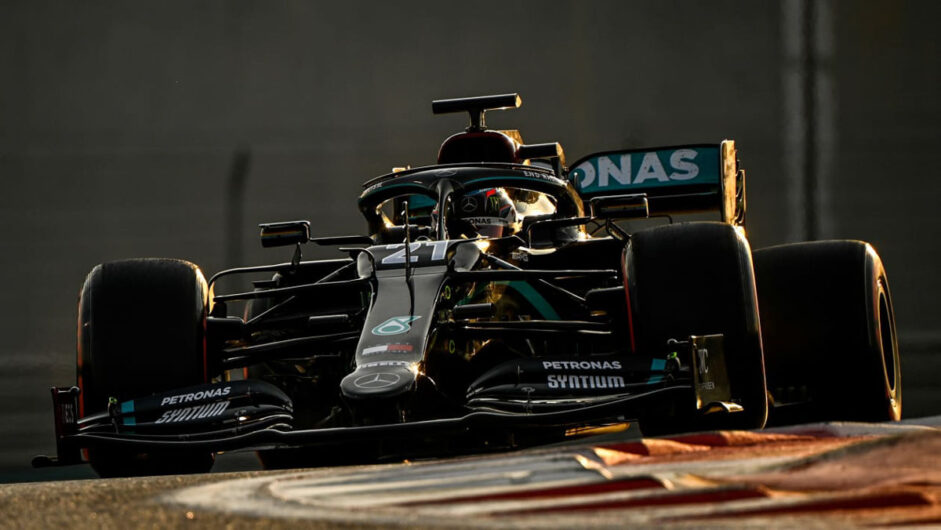Motorsport governing body, the FIA has approved the use of biofuels by F1
The FIA has approved the use of sustainable biofuels in Formula 1 from 2021, providing teams with a pathway for a widespread adoption as the sport heads towards its goal of becoming carbon neutral in 2021, and carbon net zero by 2030.
As part of the FIAs research in sustainability, the motorsport governing body’s in-house research team have developed a carbon-neutral biofuel that meets the F1 engine specifications. The first barrels have already been sent to engine suppliers for initial development and testing with a view to using them in the sport’s 2022 power units.

Teams will be able to use the fuel from 2021 to aid development too, although there will be a period of adjustment as fuel suppliers ramp up production to meet demand before its wide-spread use.
The sustainable biofuel itself is manufactured in part by using waste products to counteract carbon emissions created through its manufacturing process and when it’s eventually burnt in the back of an F1 car. While carbon is still being produced on the ground, this new fuel still represents a big step forward for the sustainability of the sport.
As part of the Paris Climate Accord the FIA has also set a complete net-zero carbon target for 2030. However, the specific way in which the sport reaches this point remains a work in progress given the very nature of the F1’s operations. The carbon footprint of each of the cars’ development and manufacturing processes, not to mention the logistics of the current F1 calendar will somehow need to be addressed.
This article originally appeared at evo.co.uk
Copyright © evo UK, Dennis Publishing




